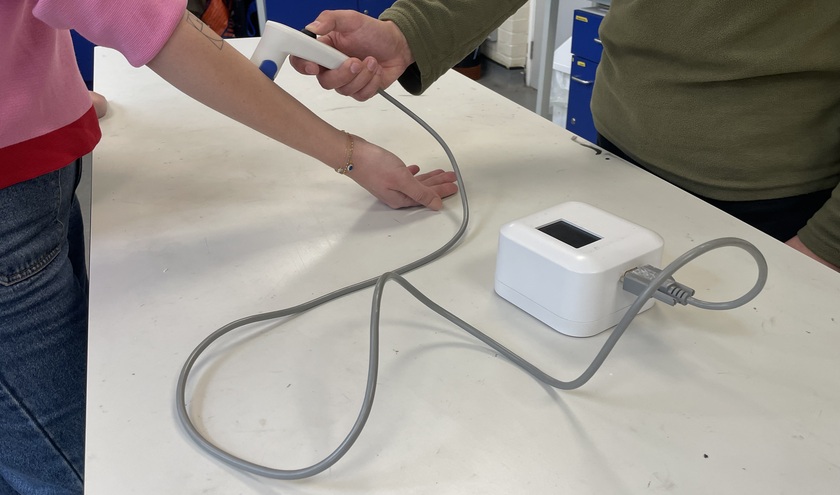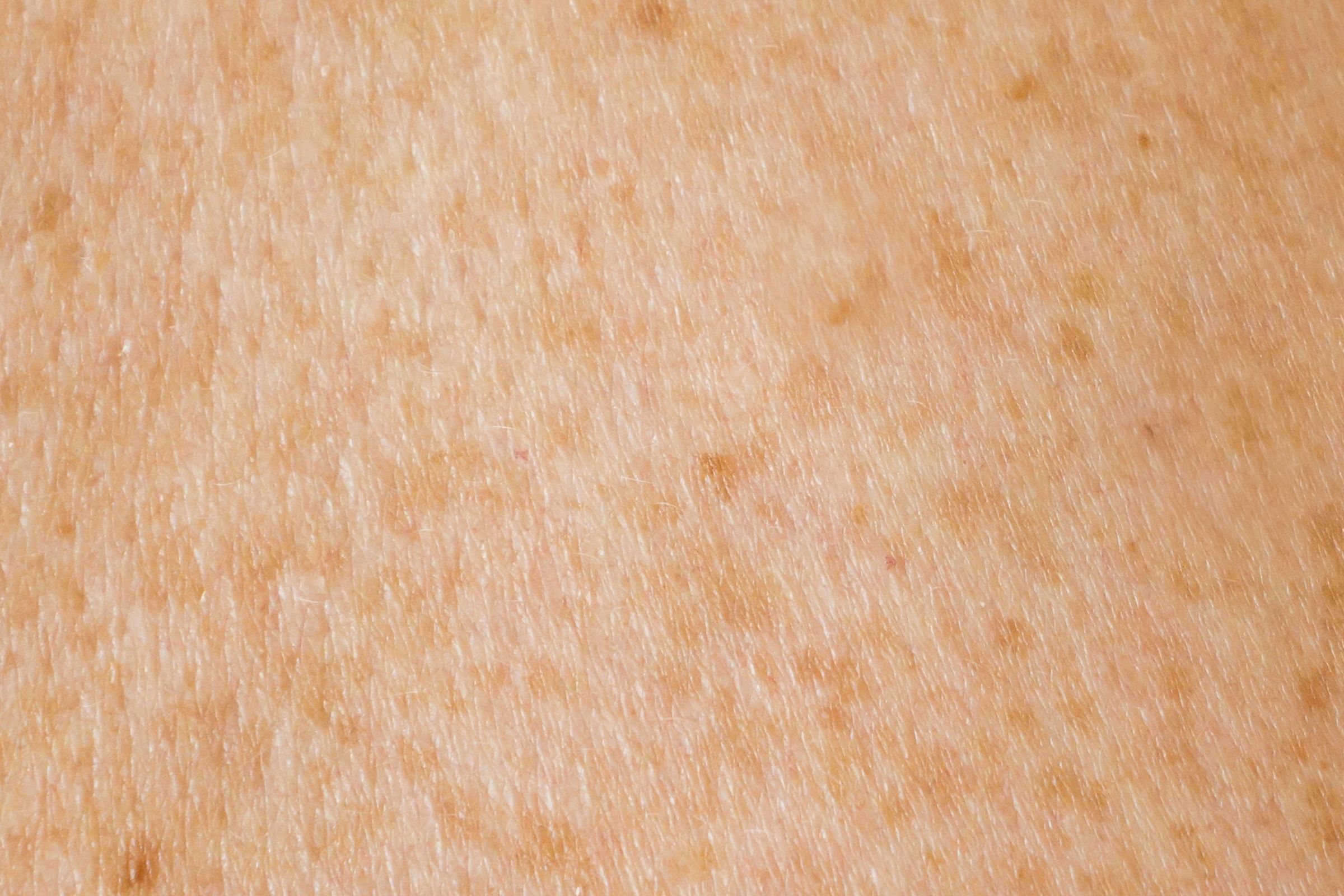The vibroacoustic sensor, which measures material changes in each layer of skin using small vibrations on the surface, has received £275,000 from Scottish Enterprise and just over £200,000 from the Medical Research Council's Gap Fund to advance clinical testing. This research will support the development of a spin-out company based on the TissueMetrics project.
TissueMetrics' solution addresses a gap in eczema and psoriasis treatment, where patients currently face a lengthy and frustrating cycle of trial and error with various creams and medications. Eczema affects up to 20% of children and 10% of adults in the UK, costing the NHS approximately £179m annually in GP visits alone. Patients who suffer from this also end up spending on average over £500 per year on creams, soaps and moisturisers.
Existing eczema treatment pathways typically involve repeated visits to pharmacies and GPs, while the most severe cases are referred to hospital dermatology clinics. However, UK waiting times can stretch to 18 months, with some patients waiting years before finding effective treatments.
The research behind TissueMetrics' sensor is being led by Professor Michael Crichton from Heriot-Watt University's Global Research Institute in Health and Care Technologies.
Prof Crichton, who is based in the School of Engineering and Physical Sciences, said: ‘Our technology represents a fundamental shift in how we approach eczema management. Rather than relying solely on visual assessments, which haven't evolved in decades and can be particularly unreliable for patients with darker skin tones, our sensor provides objective measurements of what's happening beneath the skin's surface.'
The research team will now begin testing the sensor on patients with moderate eczema who are undergoing third or fourth-line treatments. They will also gather crucial feedback from patients and clinicians on its usability.
Professor Gillian Murray, deputy principal for business and enterprise at Heriot-Watt University said: ‘TissueMetrics' innovation perfectly aligns with the UK Government's 10-year plan for the NHS with its emphasis on delivering more care in community settings.
'By enabling data-informed dermatological assessments to take place in local pharmacies and community facilities, we're helping to reduce pressure on overstretched hospitals whilst creating new market opportunities for groundbreaking technologies. It's a perfect example of how university research can drive economic growth through innovation that puts patients first and supports the future of healthcare delivery.'



